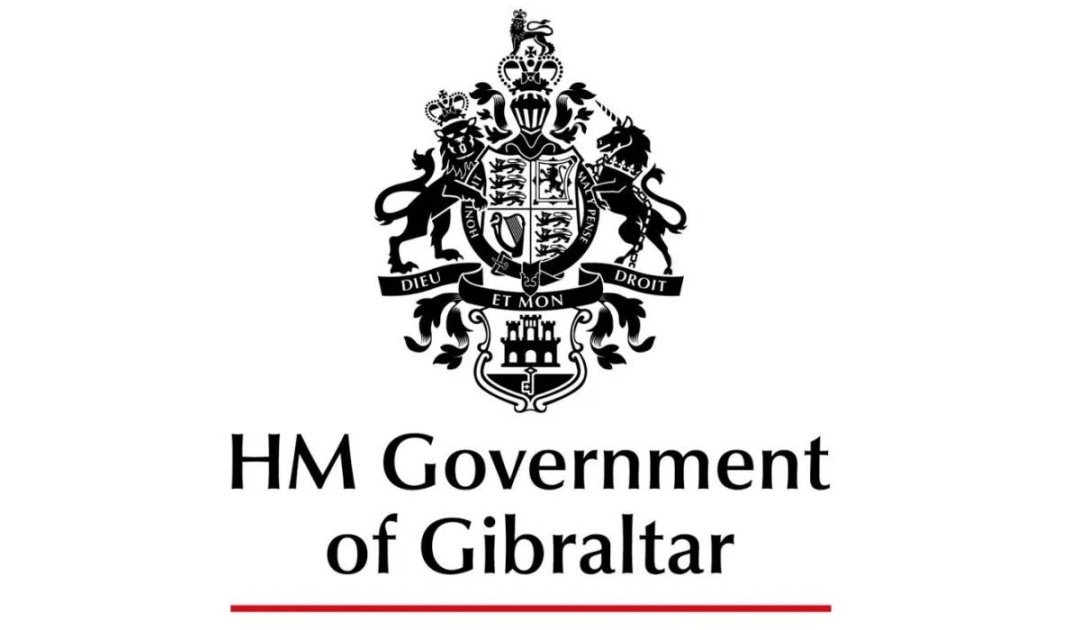
Government Advice On Face Covering During COVID-19
The Government says that recent scientific evidence confirms that face coverings can help us protect each other and reduce the spread of the COVID-19, especially for those infected with coronavirus but not showing symptoms. This is “of prime concern” as lockdown measures are lifted.
A statement continued: “COVID-19 can be spread directly by droplets from coughs, sneezes and speaking; the droplets can also be picked up from surfaces by touch and subsequently from touching the face. It is therefore important that people refrain from touching their face covering when wearing it to avoid hand to mask transmission of the virus.
“The public is advised to consider wearing face coverings in enclosed public spaces e.g. supermarkets where usual social distancing measures may be difficult. A mask is obligatory on public transport.
“Considerations to note are:
- Face coverings are not recommended for children under the age of 2 years and those who cannot manage them properly
- Washing your hands before putting your mask on and taking it off is vital
- Regular cleaning/washing of the mask is important if non-disposable ones are used; this will
help prevent self-infection that can occur by touching and reusing contaminated mask
- Wearing a face mask can give a false sense of security, leading to potentially less adherence to other preventive measures. A mask SHOULD NOT replace other hygiene measures,
namely hand washing, physical distancing and respiratory hygiene.
- Healthcare workers and anyone in contact with confirmed cases will need to follow PPE
Guidance and use medical masks as appropriate
“Guidance on wearing a face covering can be found at (https://www.gov.uk/government/publications/how-to-wear-and-make-a-cloth-face-covering/how-to-wear-and-make-a-cloth-face-covering)
“A cloth face covering should cover your mouth and nose while allowing you to breathe comfortably. It can be as simple as a scarf or bandana that ties behind the head.
“Wash your hands or use hand sanitiser before putting it on and after taking it off and after use. Avoid touching your eyes, nose, or mouth at all times and store used face coverings in a plastic bag until you have an opportunity to wash them.
“Do not touch the front of the face covering, or the part of the face covering that has been in contact with your mouth and nose. Once removed, make sure you clean any surfaces the face covering has touched.
“Wash a face covering regularly; it can go in with other laundry, using your normal detergent. When wearing a face covering, take care to tuck away any loose ends.
For instructions on how to make a suitable face covering, please visit www.covid.gi
“The Government will not be supplying masks for use in buses and other public areas. The public is encouraged to make fabric face coverings at home, using scarves or other textile items that are easily available. Face masks are also available for purchase from pharmacies.”
IMPORTANT:
If you have any COVID-19 symptoms, please go home and call 111 for advice.






